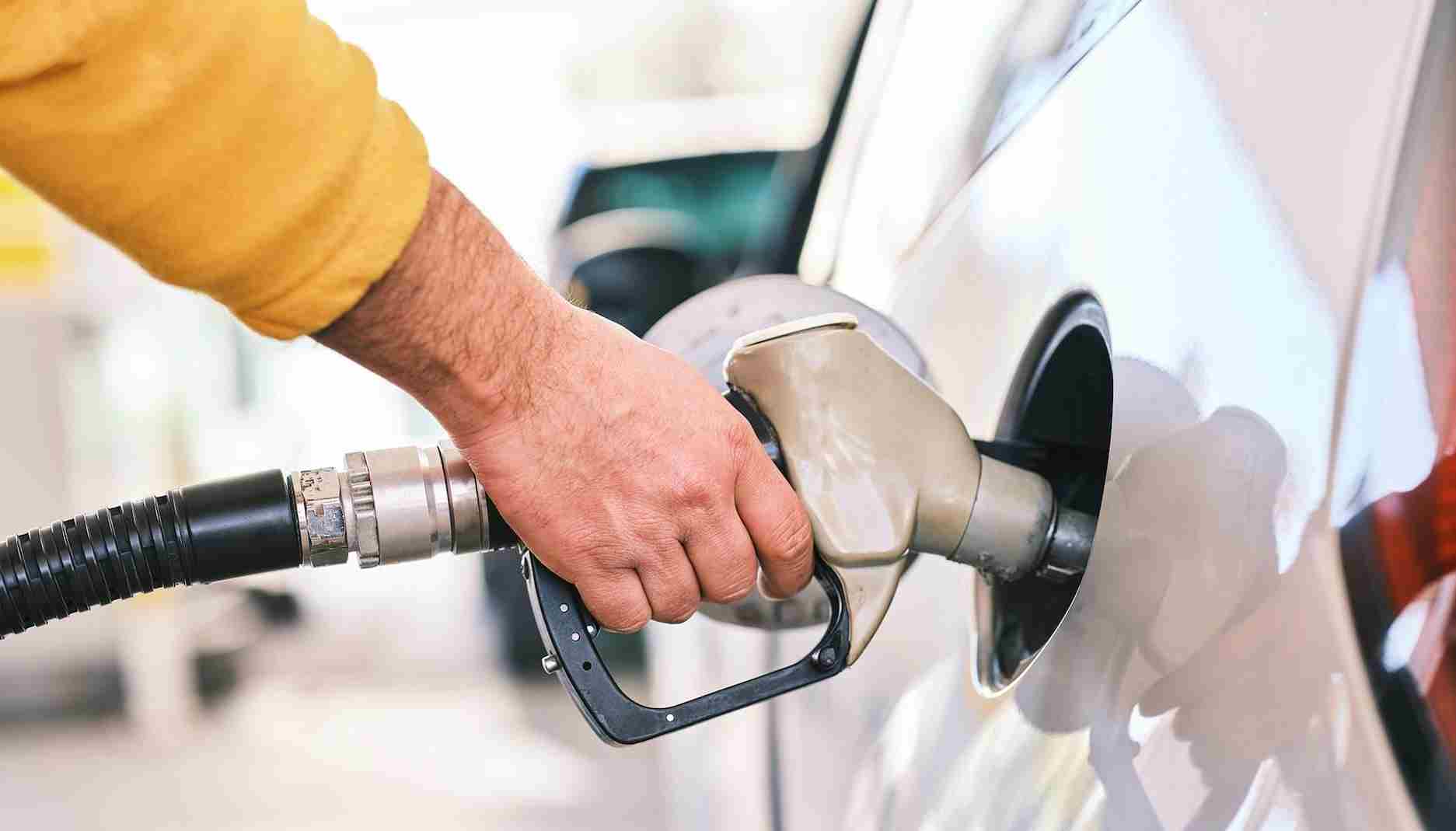The aviation fueling service providers are essential to the seamless flow of travel providing fuel to aircraft securely, efficiently and punctually. They manage everything from fuel supply and storage, to developing green initiatives, and adopting new technologies, these firms have been in the forefront of air travel’s endeavor in enhancing the safety of passengers, as […]
Tag: Fuel Supply Chain
The Fuel Supply Chain: A Global Network Keeping Our World Running
Have you ever wondered how the fuel that powers your car, airplane, or even your home gets to you? It’s a complex process, involving a massive network of companies and infrastructure working together. That’s the fuel supply chain, and it’s more important than you might think!
Think of it like a giant game of “telephone,” where information and fuel travel through different stations. This chain starts with the oil and gas companies that extract crude oil from the ground. They then refine the crude oil into different types of fuel, like gasoline, diesel, and jet fuel. These refined products are then transported to storage facilities, often huge tanks, before being shipped to gas stations, airports, and other destinations.
The Vital Role of Fuel Supply Chain
This intricate web ensures that fuel reaches us all, powering our vehicles, heating our homes, and enabling global transportation. It’s a crucial element of modern life, and disruptions can have far-reaching consequences. Think about what would happen if there were a shortage of fuel – it would impact everything from our commutes to the delivery of goods, even causing prices to rise.
Fueling the Skies: Aviation Fueling Services Providers
A particularly interesting part of the fuel supply chain is the aviation industry. Fueling airplanes is a complex operation, requiring specialized equipment and expertise. Aviation fueling services providers play a vital role, ensuring that planes are ready for takeoff with the right amount of fuel.
These companies handle everything from storing jet fuel to refueling aircraft. They must be extremely efficient, as delays can disrupt entire flight schedules and cause huge inconveniences for travelers. They also need to comply with stringent safety regulations to ensure that all operations are carried out safely and responsibly.
Understanding the Fuel Supply Chain: Key Components
To fully grasp the fuel supply chain, it’s important to understand the different components that make it work:
- Extraction: The journey begins with the extraction of crude oil from the earth. This involves drilling, pumping, and other activities.
- Refining: Crude oil is then transported to refineries, where it’s processed into different fuels. This includes separating the oil into various components, like gasoline and diesel, and removing impurities.
- Storage: After refining, fuels are stored in large tanks, often located near refineries or transportation hubs. This allows for efficient distribution and ensures a steady supply.
- Transportation: Fuel is transported using various methods, including pipelines, ships, trucks, and rail. Each method has its own advantages and disadvantages, depending on factors such as distance, volume, and cost.
- Distribution: The final stage involves distributing fuel to end users, such as gas stations, airports, and industrial facilities. This process can be quite complex, requiring coordination between different companies and transportation systems.
The Importance of a Smooth Fuel Supply Chain
A smooth-running fuel supply chain is essential for a thriving economy. It ensures that we have access to the energy we need, enables global trade, and supports numerous industries. Disruptions to the supply chain can have significant economic and social impacts, making it crucial to understand and maintain this vital network.
The next time you fill up your car or see a plane taking off, remember the complex and essential fuel supply chain that makes it all possible!
Secondary Keywords: Crude Oil, Refining, Transportation, Distribution, Aviation Fuel
